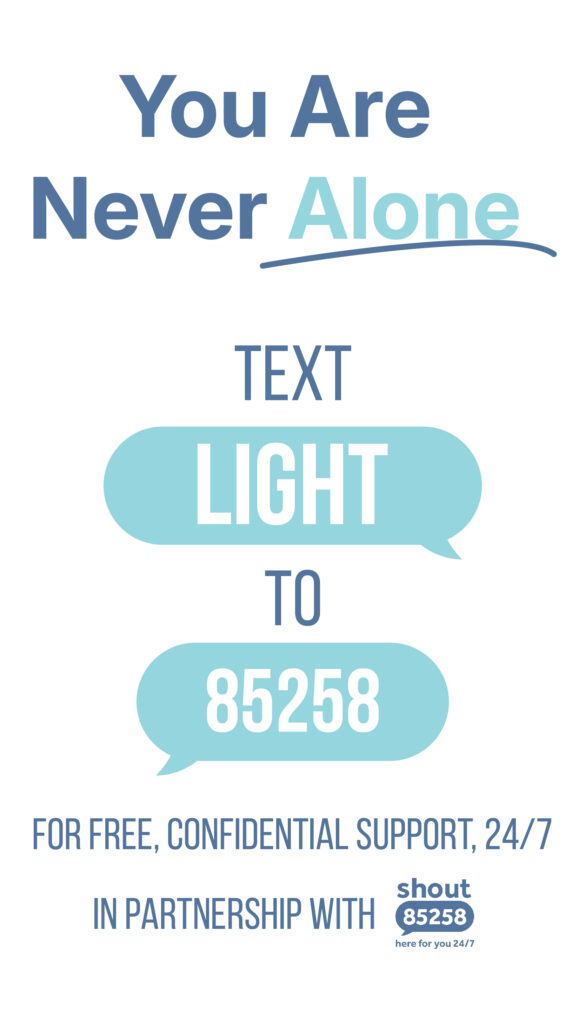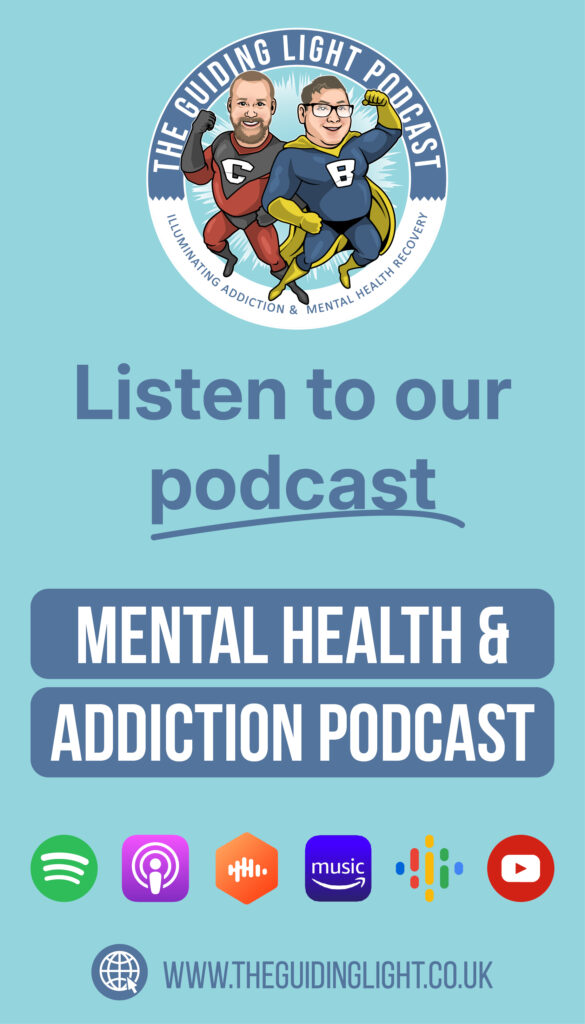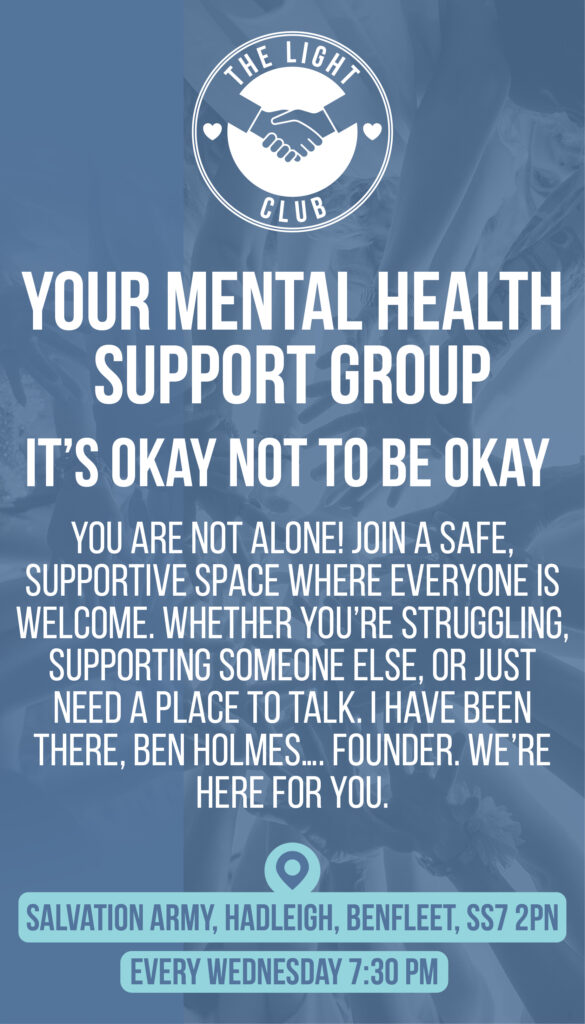Do you struggle with your mental health silently for fear of being labeled or misunderstood? Even though you want to reach out and share your struggle, you never do it because it seems like you are always the target of critical glances, hushed whispers, and a lack of understanding. Do you feel utterly alone and hopeless sometimes? For many people, the most painful part isn’t their illness itself but the isolation and judgment they experience because of it.
But you are never alone, no matter how scary or isolating your experience is.
Yes, mental health stigma can get in the way of a person’s well-being, relationships, career, and life prospects. So, breaking this stigma is essential to encouraging people to seek help for their issues. It is about creating a culture of compassion and understanding. Only addressing mental illness openly can create a more supportive environment where we feel free to talk openly about our mental health.
Understanding Mental Health Stigma
Mental health stigma is rooted in negative beliefs and attitudes that lead to discrimination against people with mental illness. It’s a pattern of prejudice that manifests in various ways, often seen in how families, communities, and the broader society treat those dealing with mental health challenges.
The Impact of Stigma
The stigma primarily stems from a place of fear, a lack of understanding, and deep-seated misconceptions about mental illness. As a result, individuals grappling with mental health issues frequently encounter subtle yet hurtful micro-aggressions, finding themselves excluded and pushed to the margins of society. This person can be a family member, partner, or friend. Or it could be you.
Almost 90% of people with mental health conditions say that the stigma they face affects their lives. It’s an everyday struggle for them. They struggle to meet their goals and go about their daily lives. Things such as completing school, securing employment, making friends, and maintaining lasting relationships can be hard when you are dealing with a mental illness. These difficulties arise not just from the condition itself but rather from the way individuals with mental illnesses are often treated.
Keeping quiet about mental illness and the stigma attached to it only makes you and millions of others feel isolated, ashamed, and insecure, believing you are alone in your experience. The fear of being judged and discriminated against can stop you from discussing your feelings and seeking help. As a result, like many others with anxiety, depression, addictions, and other mental health difficulties, you may opt to bottle up your troubles and isolate yourself from your community rather than seek help.
Additionally, keeping quiet maintains the stigma, making it harder to break the cycle in our families, communities, and society.
Mental Health Stigma Root Causes
Factors that contribute to mental illness stigma range from negative perceptions and bias toward mental health to cultural factors and limited access to mental health services.
Mental Illness Prejudices and Misconceptions
When it comes to mental health, there is little awareness, especially in marginalized communities. Misconceptions and a lack of understanding attached to it often prevent people from talking openly about their mental health or seeking mental health interventions.
The Impact of Media
Media often ends up perpetuating negative stereotypes when they depict mental illness. It’s pretty standard to see movies, TV shows, and news reports portraying people with mental health issues as dangerous, unpredictable, or unable to live everyday lives, just adding to the fear and misunderstanding.
Cultural Factors
Cultural factors can play a significant role in creating and maintaining stigma. In many cultures, people don’t talk about their mental illness. In some cultures, mental health issues are seen as a sign of weakness. Our cultural baggage that gets passed down from generation to generation still has a big impact on how we see things, contributing to the taboo of mental illness.
As a result, people are often too concerned about how others will perceive them if they discuss their mental health issues or traumatic experiences. They might be held responsible for their illness, or they may feel that discussing these things is inappropriate, even with family members, so they suffer quietly.
Limited Access to Mental Health Services
Another huge issue is access to mental health services. Minorities, in particular, have less access to mental health services. Some surveys show that less than one-half of people with mental illness receive much-needed treatment..
A lack of mental health providers, long waiting lists, and treatment costs prevent many affected people from accessing mental health care. Also, many people get misdiagnosed, which keeps them from receiving the proper treatment and hinders their recovery. Besides, many African Americans experience conscious or unconscious bias from health providers, which may result in their unwillingness to seek treatment and a reduced quality of mental health care.
Socioeconomic Factors
Life below poverty increases your chances of experiencing serious mental health conditions. Data by Mental Health America show that over 5.5 million adult Americans with mental illnesses are not insured. People of color living below poverty are three times more likely to experience psychological suffering than those living above poverty.
Strategies for Breaking the Stigma
Insisting on an open conversation about mental health is critical. Only nonjudgmental discussion of mental illness in our homes, classrooms, communities, and society can create a climate in which people feel comfortable sharing their mental health problems openly.
Education
Having more open conversations in our schools, workplaces, and communities can help people better understand what mental illness is, demystify it, and reduce their fear of the unknown. In addition, sharing personal stories can be incredibly powerful. Hearing from people who have experienced mental health challenges makes mental illness real and relatable, showing that it can affect anyone.
Language Awareness
Furthermore, being mindful of our vocabulary when discussing mental health is critical. Using thoughtful language and avoiding labels shows understanding and respect.
The Media
The more accurate and sensitive portrayals of individuals with mental illness in movies, books, social media, TV shows, and news can help change stereotypes and break the stigma.
Breaking the Silence: Support is Key
Feeling seen, heard, and understood is what makes the difference for those with mental health challenges. Support is crucial to breaking the silence and fighting mental health stigma. Whether it is through having a solid network of social support, better access to mental health care, or policy changes, when people feel supported, stigma loses its power.
 To
To 









